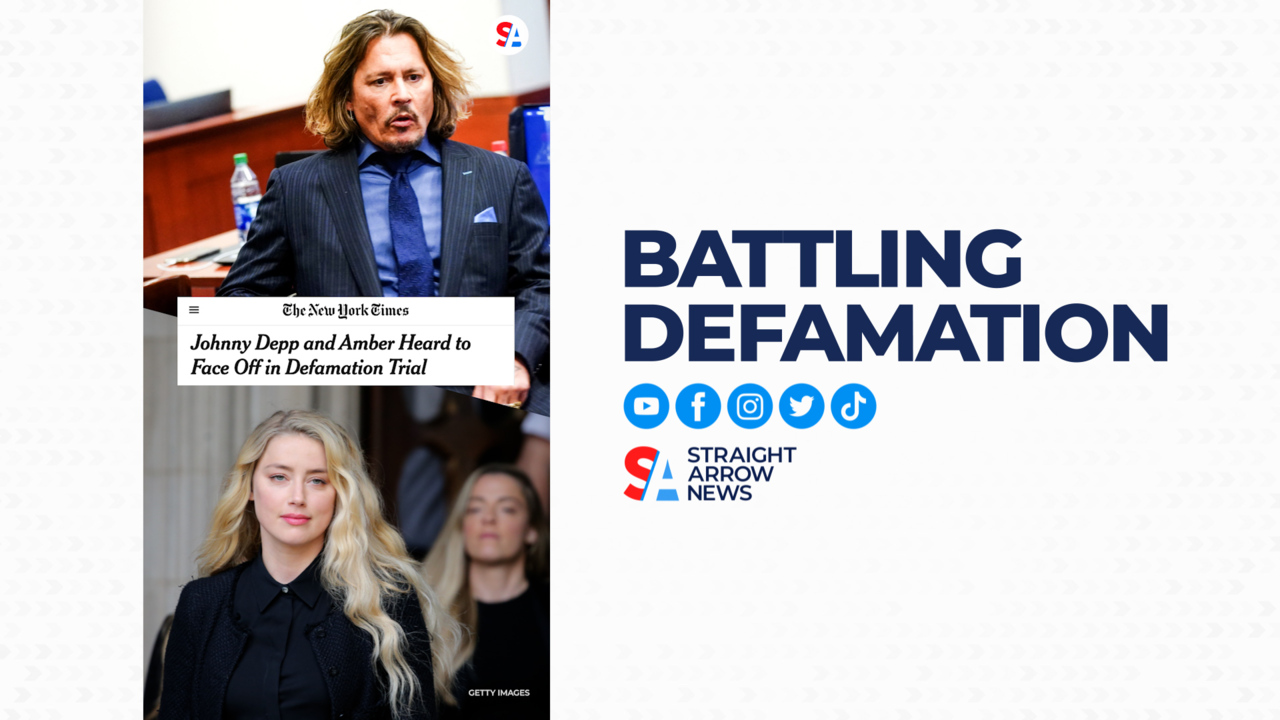
IN THE WORLD OF FREE SPEECH
NOT EVERYONE HITS THE MARK
TAKE THIS VIRAL MOMENT AT THE STEPS OF THE LINCOLN MEMORIAL
THE TEEN AT THE CENTER OF THE VIDEO WAS LABELED A BIGOT –
AND ENDED UP SUING MAJOR MEDIA OUTLETS FOR GETTING HIM THAT TITLE.
HE LATER REACHED SETTLEMENTS FOR – WELL .. UNDISCLOSED AMOUNTS
ON A LESS PUBLIC FRONT – ACTOR JOHNNY DEPP IS FACING OFF with HIS EX-WIFE IN THEIR OWN DEFAMATION TRIAL OVER HER CLAIMS OF ABUSE.
DEFAMATION OF CHARACTER IS A LEGAL TERM. IT’S WHEN SOMEONE MAKES A FALSE STATEMENT THAT TARNISHES THE REPUTATION OF ANOTHER
IT’S BROKEN DOWN INTO TWO CATEGORIES – LIBEL OR SLANDER
LIBEL IS WRITTEN DEFAMATION. THAT CAN BE FALSE STATEMENTS MADE IN WRITING, PICTURES OR ON SIGNS. IT USUALLY INCLUDES A PAPER TRAIL MAKING IT’S EASIER TO PROVE
SLANDER IS VERBAL DEFAMATION: FALSE STATEMENTS MADE BY WORD OF MOUTH. UNLESS THESE WERE RECORDED IT CAN BE HARD TO SHOW IT EVEN HAPPENEDDEFAMATION CASES ARE COMPLICATED ONE BECAUSE YOU HAVE TO PROVE IN MANY CASES THERE WAS SOME FORM OF NEGLIGENCE BEHIND A FALSE CLAIM
AND TWO – YOU HAVE TO SHOW THAT YOUR REPUTATION TOOK A HIT IN ORDER TO SUE FOR DAMAGES










